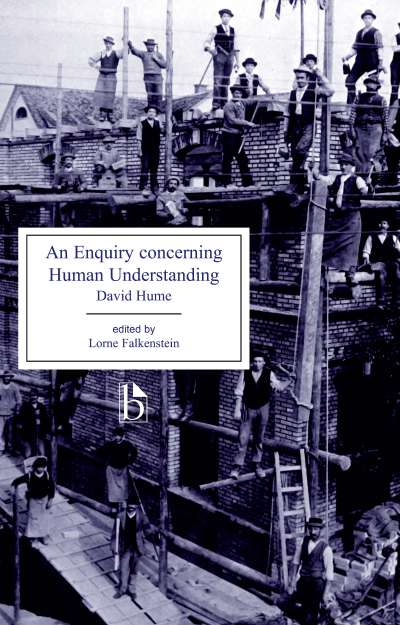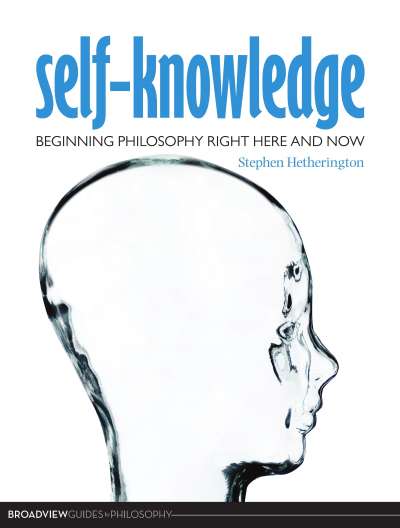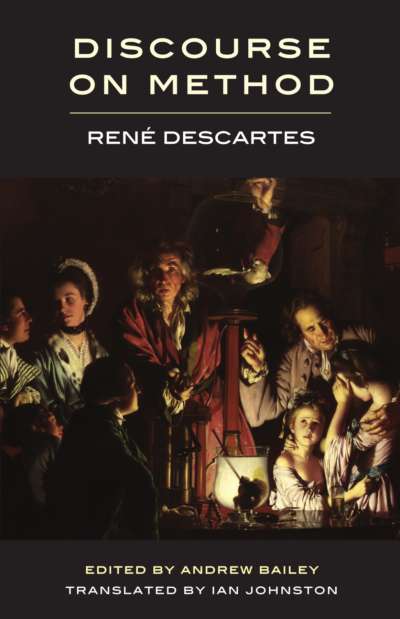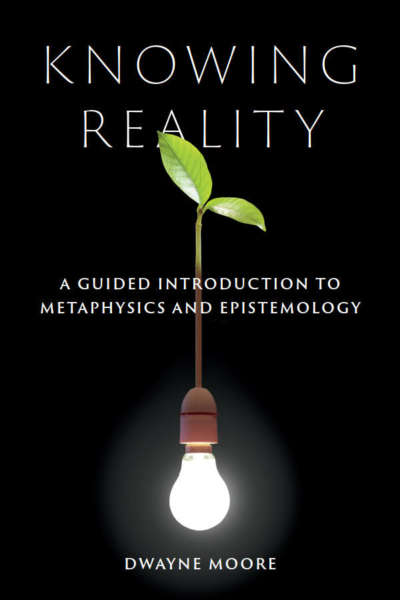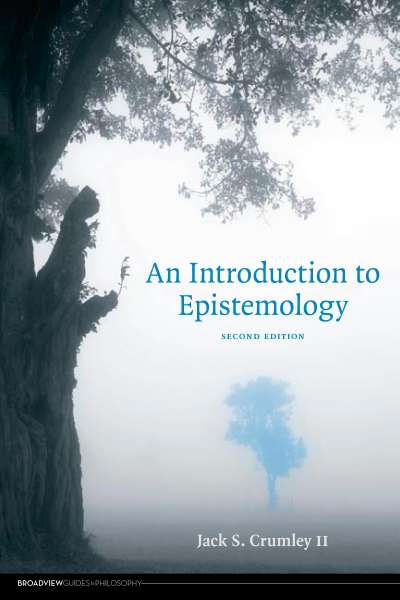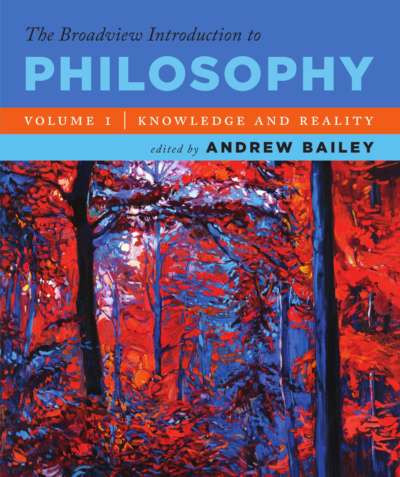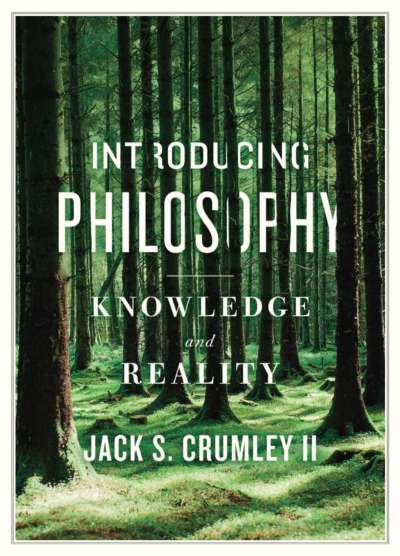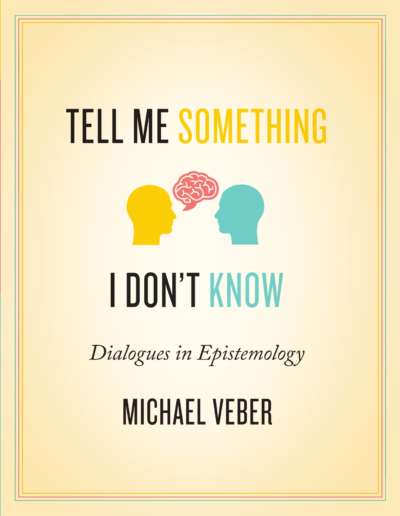This anthology focuses on three areas in the theory of knowledge: epistemic justification; analyses of knowledge and scepticism; and recent developments in epistemology. Each of the three sections includes a brief introduction to the readings, a series of study questions, and a list of suggested readings. Section 1 deals with coherentism, foundationalism, reliabilism, and includes articles by Chisholm, BonJour, Audi, Goldman, and Fumerton. Section 2 deals with the analysis of knowledge and Gettier problems, and a variety of forms and responses to scepticism; it includes articles by Gettier, Conee, Feldman, Putnam, Nagel, and Stroud. Section 3 introduces the reader to recent developments in naturalized, feminist, and social epistemology, and includes articles by Quine, Almeder, Putnam, Anderson, Harding, Longino, Hardwig, Rorty, and Kitcher.
Comments
“Knowledge and Inquiry covers the most important topics in contemporary epistemology, including some topics that are typically neglected in undergraduate-level epistemology anthologies (e.g. social epistemology). The selections are well-chosen for their accessibility as well as their importance. This is a wonderful textbook for anyone teaching an undergraduate course in contemporary epistemology!” — Ram Neta, University of North Carolina, Chapel Hill
“This anthology captures the key developments in contemporary epistemology—from theories of justification and Gettier problems, to naturalized epistemology and feminist epistemology. Sections are well-organized, with well-chosen readings set in relation to each other to encourage epistemological dialogue. An excellent text!” — Heidi Grasswick, Middlebury College


